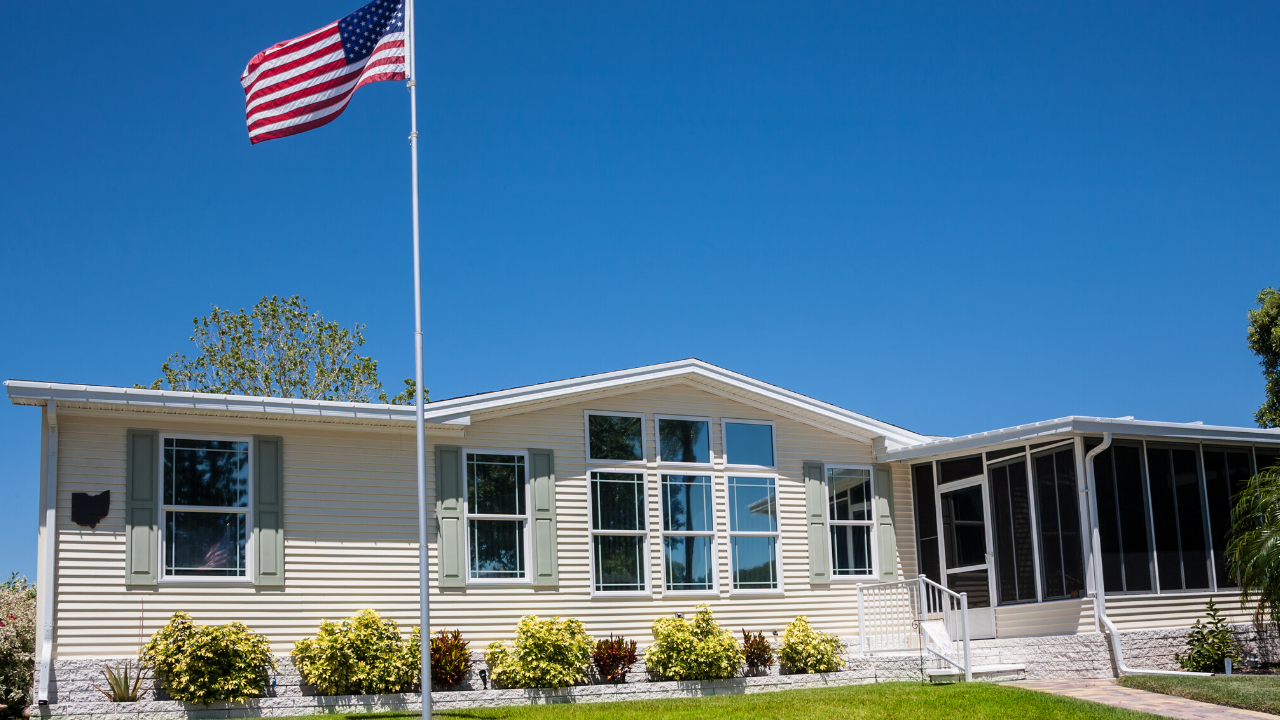Buying in 2020 - Tips to Get You Financially Fit to Buy
March 4, 2020

If you're looking forward to buying a manufactured home this year, getting your finances in order as soon as possible is critically important in order to qualify for the manufactured home loan you need. Simply put, not being able to get a manufactured home loan may prevent you from fulfilling your homeownership dream.
To help you put your best foot forward when approaching manufactured home lenders, the current blog post presents a series of tips on how you can get financially fit to buy a manufactured home this year.
Determine how much home you can afford.
Considering the average sales price of manufactured homes, the question you should ask yourself is: Can I afford the monthly payment on a manufactured home loan along with property taxes and manufactured homeowners insurance?
To answer this question, you need to find out how much you and your co-buyer, if applicable, earn every month. Then, list the estimated monthly payment on the manufactured home loan you intend to take out, property tax, and manufactured homeowners insurance rate. Next, add up all of your monthly household expenses, including utility bills, credit card payments, student loans, what you spend on food and transportation, etc. To find out how much home you can realistically afford, your household expenses and debt shouldn't exceed 28% and 36%, respectively, of your gross monthly income. The tried-and-true 28/36 home affordability rule is what manufactured home lenders tend to use, together with other factors, to assess your eligibility for the manufactured home loan you want.
Another important consideration is that you can find specialized manufactured home lenders, like Triad Financial Services, that offer loan products not only for newly manufactured homes but also for pre-owned properties. The main advantage of buying a pre-owned manufactured home is that it could cost less than a new home. As a result, you'll benefit from a lower monthly loan payment, while getting the livable square footage you need.
Check your credit history and FICO score.
Your credit history and FICO score are two factors that will determine the type of manufactured home loan along with the interest rate you may qualify for. Checking your credit report and FICO score before applying for a manufactured home loan allows you the opportunity to ensure there aren't any errors that might negatively affect your loan application as well as the interest rate you'll get from manufactured home lenders.
To make sure that your credit history and FICO score are correct and up-to-date, the CFPB suggests checking your credit report at least once a year. Additionally, CFPB recommends an extra check to be done before applying for a loan for a large purchase, such as a manufactured home.
The easiest way to check your credit report and FICO score is to contact one of the three major credit reporting agencies: Equifax, Experian, and TransUnion. Once you get your report, carefully review all the information on it. If there are any inconsistencies, make sure that you require the agency to correct the errors before applying for a manufactured home loan.
If you have a low credit score, you may want to improve it before you start your manufactured home loan application. Although rebuilding your credit score takes time, it might make more sense to wait than to have your application rejected or end up paying a significant amount of interest over the life of your manufactured home loan. The good news is that it is possible to improve your credit score in just a few months.
Start making payments on time.
Making all of your debt payments on-time can improve your credit score and show manufactured home lenders that you've changed your financial behavior. As manufactured home lenders also take into account the Debt-to-Income (DTI) ratio when assessing loan applications, starting to pay as much as you can on your debt is a great strategy to lower your DTI ratio. This can improve your chances of getting a manufactured home loan.
Additionally, it's important to know that you can apply for a manufactured home loan even if you don't have money for a 20% down payment. While the 20% figure is considered ideal, some manufactured home lenders require smaller down payments.
What's more, you could use this year's tax refund in a way that'll help you purchase the manufactured home you want. If your tax refund isn't enough to make a down payment on a manufactured home, you could pay off debt and lower your DTI ratio, or use the money as a down payment for land. With the help of specialized financing programs, like our LandPlus Program, you'll be able to use land as collateral and purchase your dream manufactured home this year.
